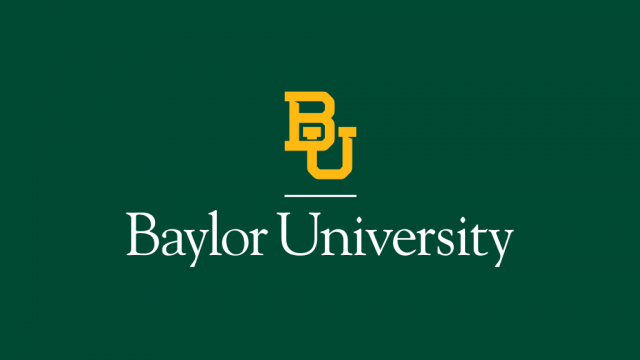The accounting profession may face intense scrutiny as corporate scandals unfold, but don't blame the auditor for failing to spot every fraud that surfaces, says Dr. Charles Davis, chairman of Baylor University's accounting department.
"The public needs to understand that the auditor's role is not to discover every fraud occurrence," he says. "Auditors are only required to provide 'reasonable assurance' that the financial statements are not misleading. They rely on client management to provide information, and if that information is false, the auditor does not always have enough of the picture to uncover the fraud. In a related vein, management must take ownership of the company's internal control system that is developed to protect employees, employers, and investors. Top management must adopt, enforce, and live ethical practices."
Davis believes that now, "more than ever," accounting education has to focus on the big picture and include problem solving, investigative, and fraud identification skills. "It's not enough to just know GAAP (generally accepted accounting principles)," he says. "A renewed emphasis on business ethics would also seem appropriate."
Calling for "revamped regulation" of the accounting profession and stricter enforcement of the professional code of ethics, the Baylor professor says other changes could help ensure that corporate America holds itself accountable.
"Accounting regulation has become too specialized," he says. "A move to more theory-based regulation rather than special circumstance regulation is needed. Also, additional disclosure requirements for off-balance sheet transactions and related-party transactions are needed."
